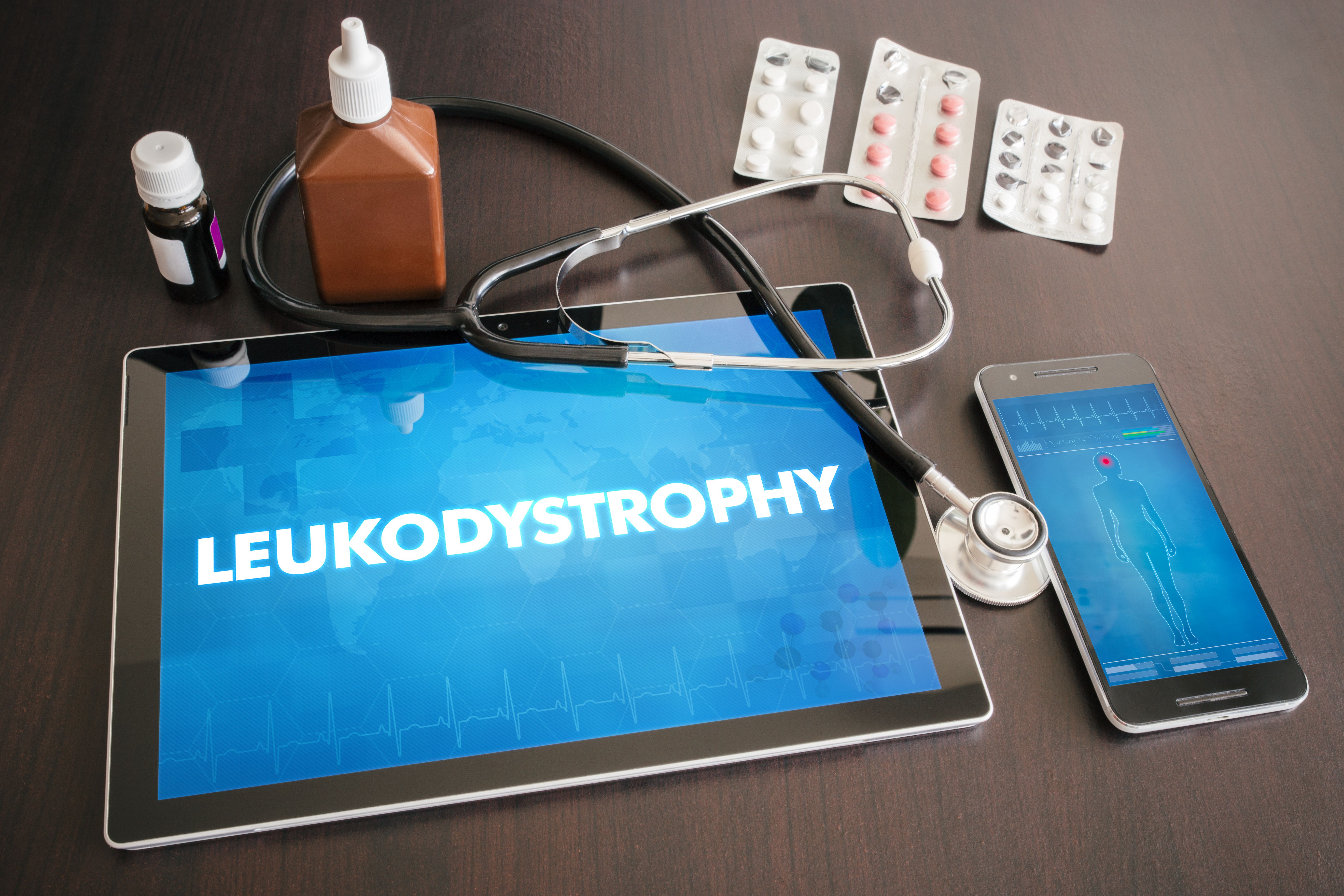News
Article
FDA Grants Second Orphan Drug Designation For Therapeutic to Treat H-ABC
Author(s):
Hypomyelination with atrophy of the basal ganglia and cerebellum is the most severe form of TUBB4A leukodystrophy that currently has no curative treatment.
The FDA has granted a second orphan drug designation (ODD) for a therapeutic that targets hypomyelination with atrophy of the basal ganglia and cerebellum (H-ABC), the most severe form of TUBB4A leukodystrophy. This second ODD allows for the research and development of a therapy for another form of the disease, isolated hypomyelination.
Image credit: ibreakstock | stock.adobe.com

The drug utilizes antisense oligonucleotide (ASO) technology, which can alter the expression of genes, to combat TUBB4A-related leukodystrophies. In addition, the molecule targets the mutated TUBB4A gene to prevent its ability to form toxic proteins, therefore helping build the cells that form myelin sheaths surrounding nerve fibers within the brain. Because the toxic proteins are hindered, other proteins must “fill in” to help form normal, healthy myelin. Experts note that the technology was proven in the treatment of other dystrophies—such as Duchenne muscular dystrophy—and is a fast, cost-effective treatment to develop.1
Due to the somewhat recent identification of isolated hypomyelination, there is still little known about the condition. Researchers describe it as a condition that appears like H-ABC; however, it lacks the atrophy of the basal ganglia and cerebellum. In addition, patients report symptoms that are milder compared to ones that are associated with H-ABC.
“This ODD is a huge boost to our efforts in tackling these devastating, life-limiting rare diseases. Our whole strategy is centered around achieving these prestigious designations, which make development of therapeutics easier and more cost-effective,” said Dan Williams, CEO of SynaptixBio, in a press release.
According to the FDA, ODDs are granted to drugs or biological products to prevent, diagnose, or treat a rare disease or condition. Further, ODDs qualify sponsors for incentives that include tax credits for qualified clinical trials, exemption from user fees, and a potential 7 years of market exclusivity after approval. The FDA emphasizes that an ODD is a separate process from seeking an approval or licensing for a drug or biological product, and that drugs for rare diseases must go through the same review process as any other drug would to be approved or licensed.
The second ODD for the ASO-based drug comes after a rare pediatric disease Designation, which can lead to the granting of a priority review voucher (PRV) once a product receives approval. Further, a PRV can accelerate the timeline of the FDA’s product review, allowing it to be sold or transferred to a larger pharmaceutical company, potentially offsetting high costs that are associated with the development of therapies for rare diseases.
“This is a key part of our overall strategy,” said Williams in a press release. “To be granted an RPD will enable us to accelerate our research into TUBB4A treatments, while ensuring the work being done to tackle it remains a focus within medical communities around the world.”3
Reference
- SynaptixBio. Leading biotech awarded second FDA Orphan Drug Designation to boost search for rare disease therapies. News release. February 29, 2024. Accessed March 1, 2024. https://www.pharmiweb.com/press-release/2024-02-29/leading-biotech-awarded-second-fda-orphan-drug-designation-to-boost-search-for-rare-disease-therapies
- US Food and Drug Administration. Designating an Orphan Product: Drugs and Biological Products. Updated July 8, 2022. Accessed March 1, 2024. https://www.fda.gov/industry/medical-products-rare-diseases-and-conditions/designating-orphan-product-drugs-and-biological-products
- BioTuesdays. SynaptixBio gets FDA rare pediatric disease nod for TUBB4A leukodystrophy. News release. February 7, 2023. Accessed March 1, 2024. https://biotuesdays.com/2023/02/07/synaptixbio-gets-fda-rare-pediatric-disease-nod-for-tubb4a-leukodystrophy/
Newsletter
Stay informed on drug updates, treatment guidelines, and pharmacy practice trends—subscribe to Pharmacy Times for weekly clinical insights.






